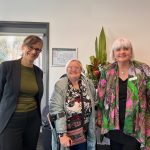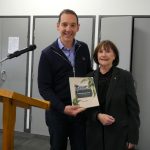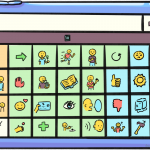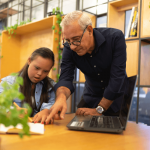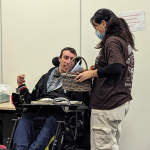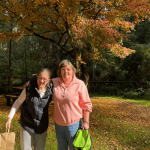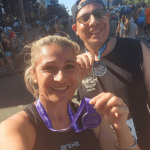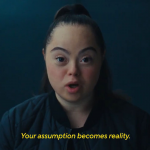We are thrilled to announce that as of 24 June, OC Connections has officially merged with The Disability Trust! This momentous step marks the beginning of a new chapter for our organisation, bringing a wealth of exciting opportunities for our participants and staff.
A Bright Future Ahead
The merger combines the strengths of both OC Connections and The Disability Trust, creating a stronger, more resilient organisation. This partnership opens the door to an expanded range of services and support, enhancing the quality of life for our participants and offering new avenues for personal and professional growth for our staff.
Greater Opportunities for Participants
With the combined resources and expertise of both organisations, participants can look forward to enhanced support services, where we can provide even more comprehensive and tailored support to meet individual needs.
There is also greater potential for access to a wider variety of community engagement activities and social programs designed to enrich lives and foster connections.
Exciting Prospects for Staff
For our dedicated staff, the merger presents a range of new opportunities including professional development to help staff grow and excel in their roles, a collaborative culture that encourages the sharing of best practices, and greater career advancement opportunities.
Looking Ahead
As we move forward together, our commitment to providing exceptional support and services remains strong. The merger not only increases our ability to serve our community but also sets the stage for a future filled with growth, innovation, and positive change.
We are incredibly grateful to our members, participants, staff, and supporters for their support throughout this journey. Your trust and commitment have been instrumental in making this merger a reality.
Stay tuned for more updates and exciting news as we embark on this new journey together. Here’s to a brighter, stronger future for all of us!
